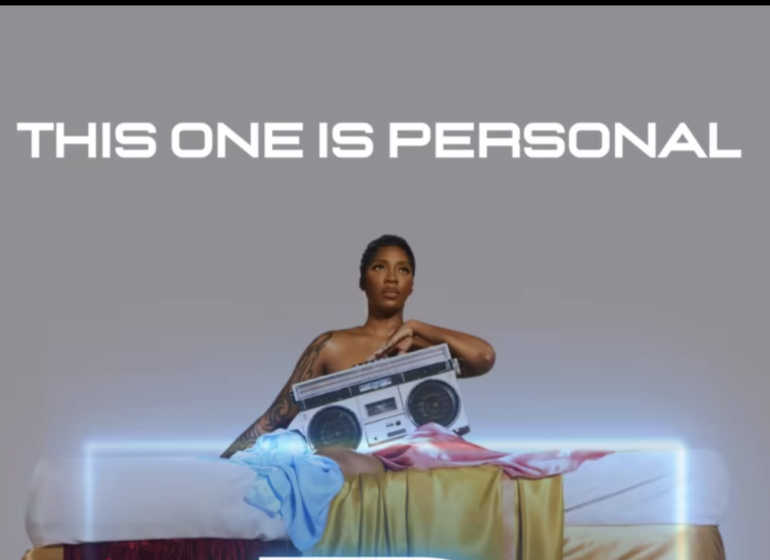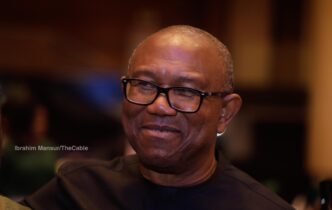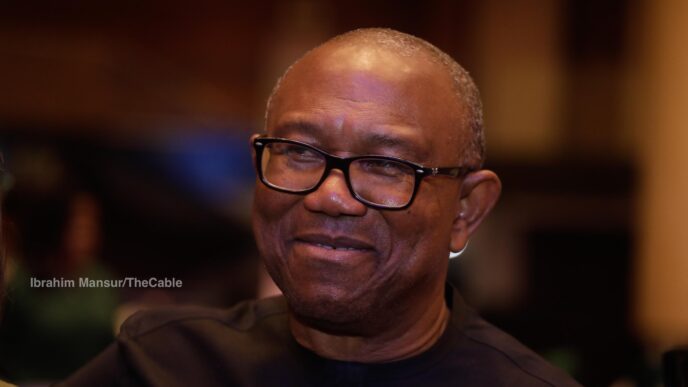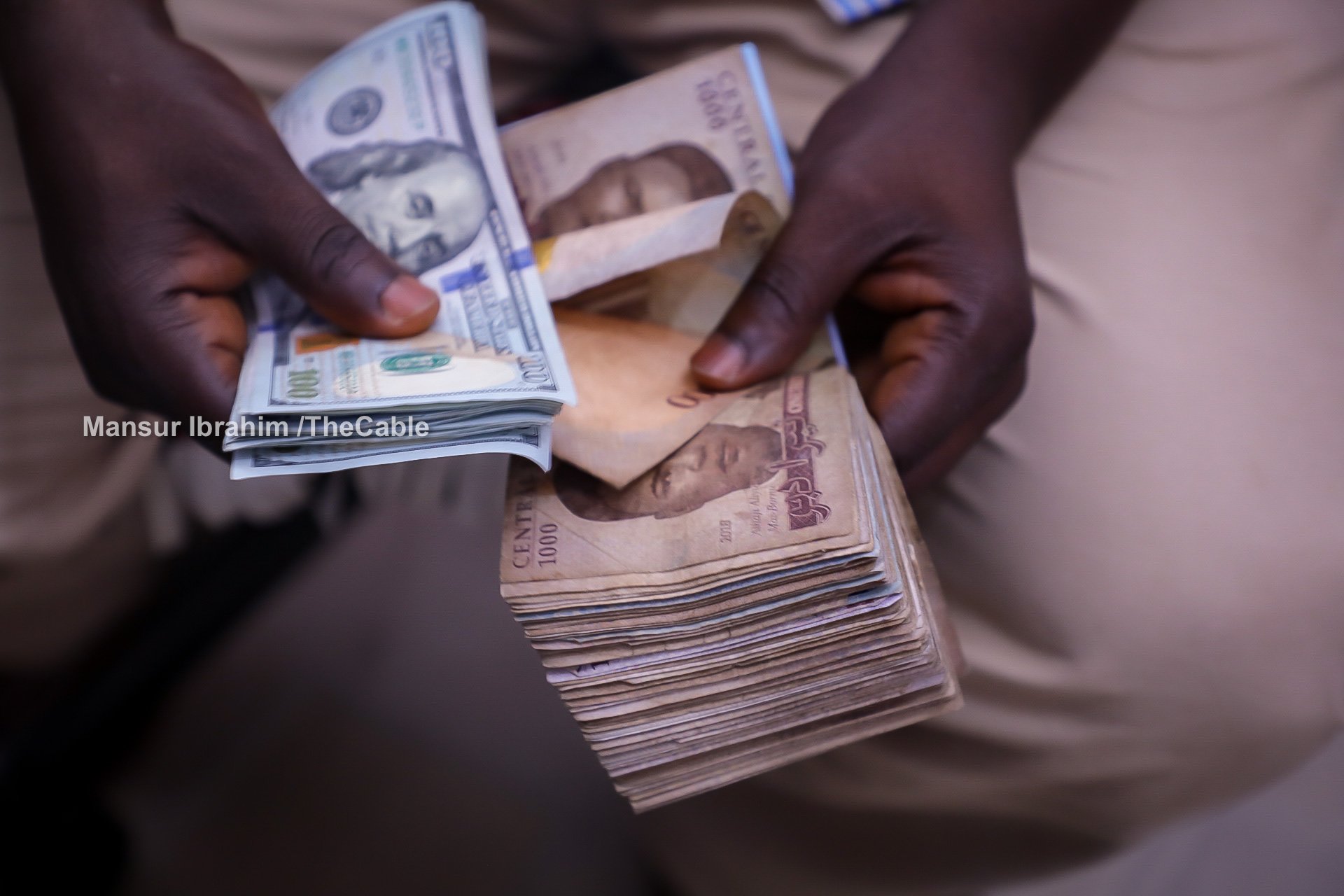BY ABIOLA ADIGUN
After five years of anticipation, Nigerian superstar Tiwa Savage—fondly called the Queen of Afrobeats—is back in the spotlight with her brand-new album, This One Is Personal, released on August 29. The 13 -track project marks a defining moment in her illustrious career, weaving together stories of pain, growth, and resilience while reminding the world why she remains one of Africa’s most powerful musical voices.
Savage’s last full-length project, Celia (2020), earned critical acclaim and charted on Billboard’s World Albums, yet since then, she has been noticeably absent from releasing major bodies of work. Now, with This One Is Personal, the 45-year-old singer says she is returning not for the charts, but for connection.
“I wanted you all to feel me in every song,” Savage told fans during a Q&A on X. “The few features I chose were very intentional, with people who understood the vision and could add to the message without taking away from its intimacy. It’s less about numbers and more about connection.”
The album, recorded across Nashville, London, and Lagos, includes collaborations with UK rapper Skepta and Nigerian rising star Taves, but otherwise leans heavily on Savage’s own voice and storytelling. Fans have since flooded social media with the hashtag #ThisOneIsPersonal, hailing her for returning with music that feels raw, reflective, and deeply human.
Advertisement
Tiwa Savage’s journey to global superstardom is a story of grit and reinvention. Born in Lagos in 1980, she moved to London at age 11, where she honed her craft singing backup for legends like George Michael and Mary J. Blige. After a stint in banking, she pursued music full-time, graduating from Berklee College of Music in 2007 and briefly competing in the UK edition of The X Factor.
Her return to Nigeria in 2012, signing with Mavin Records, changed the trajectory of Afrobeats. Early hits like Kele Kele Love and Eminado positioned her as one of the genre’s most powerful voices. By 2016, she had broken new ground as the first Nigerian artist to sign with Roc Nation, and later joined Universal Music Group in 2019.
From Once Upon a Time (2013) to R.E.D (2015), Sugarcane (2017), and Celia (2020), Tiwa has consistently reinvented herself while pushing Afrobeats into new global spaces. Her 2021 Water & Garri EP, featuring the Brandy-assisted hit Somebody’s Son, even charted on Billboard’s Adult R&B list, cementing her transatlantic appeal.
Advertisement
Beyond music, Savage has been a trailblazer for African women in entertainment. She became the first woman to win Best African Act at the MTV Europe Music Awards (2018) and the first African woman to sell out London’s Indigo O2. In 2017, she was named on the BBC’s list of 100 inspirational women, and more recently, appeared on the Women4Africa 2022 Goldlist.
Colleagues and younger stars often cite her as a role model. “Tiwa paved the way for us women in Afrobeats,” singer Ayra Starr said in a 2023 interview. “Her journey shows us that you can be bold, authentic, and global all at once.”
Her influence extends beyond music. Savage has fronted campaigns on youth empowerment, breast cancer awareness, and polio eradication, and has used her platform to speak against rape culture in Nigeria—earning respect as both an artist and activist.
For Tiwa Savage, this album is more than just a comeback—it is a statement. After navigating motherhood, industry transitions, and personal trials, she is now baring her soul through her craft.
Advertisement
Music critic Joey Akan describes the project as “a rebirth of Tiwa Savage, a reminder that Afrobeats isn’t just about rhythm but also about storytelling and truth. This album is her diary set to drums.”
As the Afrobeats movement continues its global surge—with Burna Boy, Wizkid, Davido, and younger voices leading the charge—Savage’s return reinforces her crown as the Queen.
Or as she put it herself in a recent post: “This one is for me, but it’s also for you. My story, our story—personal, but universal.”
With This One Is Personal, Tiwa Savage reclaims her throne, not just as a hitmaker, but as a voice of resilience, intimacy, and power in African music.
Advertisement
Views expressed by contributors are strictly personal and not of TheCable.










